September 23, 2018
The failure of flexible working + Bridging the workplace gap + The uncomfortable truth about sitting
 In this week’s Newsletter; how half of all our tasks will be performed by AI sooner than you might think; LinkedIn’s new London offices; the great failure of flexible working; Steelcase’s latest acquisition; Europe’s first building to achieve the WELL Platinum standard; Jonathan Hindle on improving workplace interactions; Jim Ware on finding the right place to meet; and Chris Kane on how to bridge the gap between people and places in a modern context. You can also download our most recent briefings on key topics, produced in partnership with Boss Design and BW Workplace Experts; visit our events page curated by Herman Miller, follow us on Twitter and join our LinkedIn Group to discuss these and other stories.
In this week’s Newsletter; how half of all our tasks will be performed by AI sooner than you might think; LinkedIn’s new London offices; the great failure of flexible working; Steelcase’s latest acquisition; Europe’s first building to achieve the WELL Platinum standard; Jonathan Hindle on improving workplace interactions; Jim Ware on finding the right place to meet; and Chris Kane on how to bridge the gap between people and places in a modern context. You can also download our most recent briefings on key topics, produced in partnership with Boss Design and BW Workplace Experts; visit our events page curated by Herman Miller, follow us on Twitter and join our LinkedIn Group to discuss these and other stories.











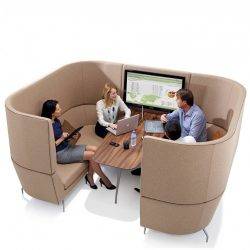


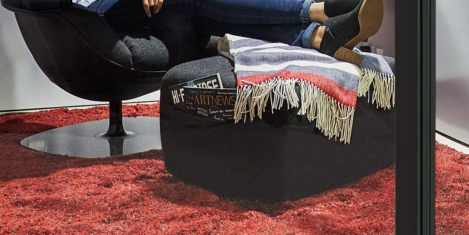
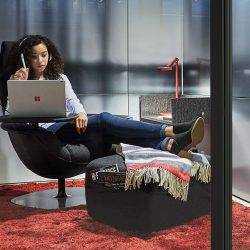
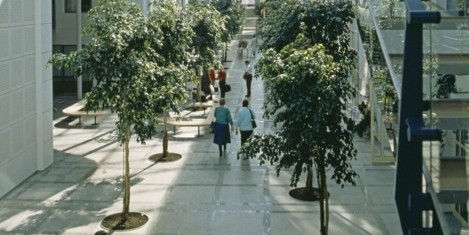
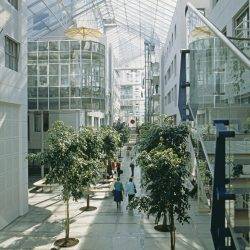
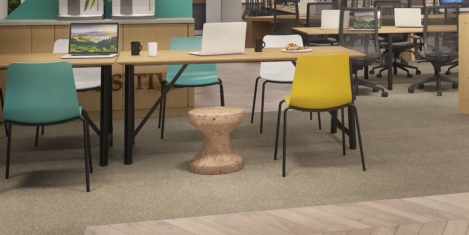
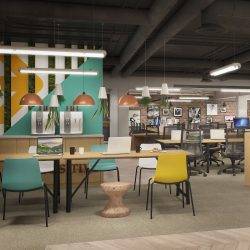



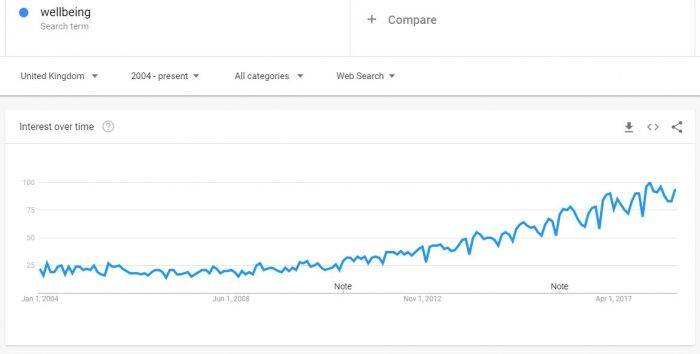

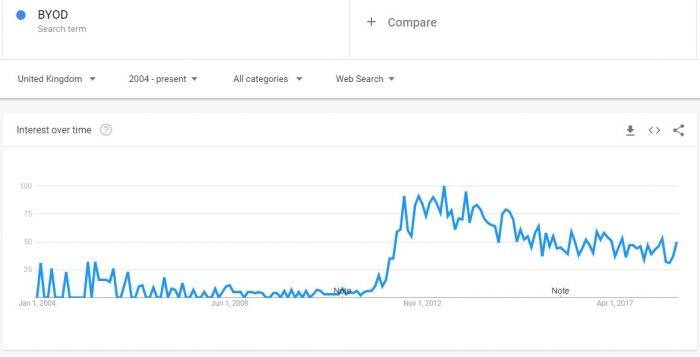
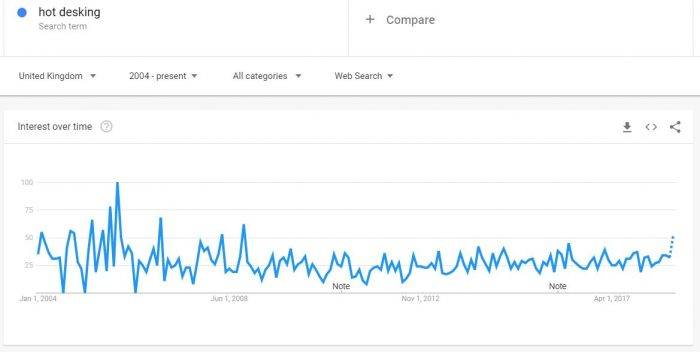
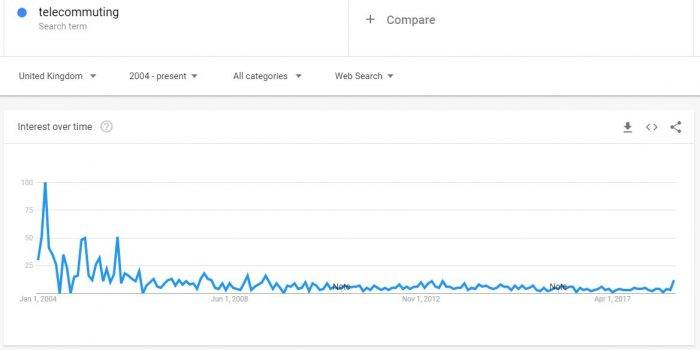
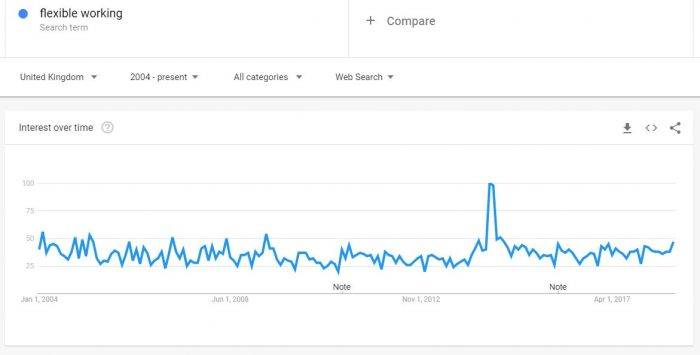
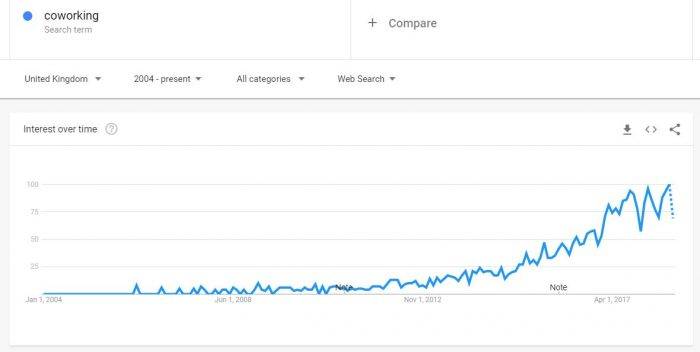
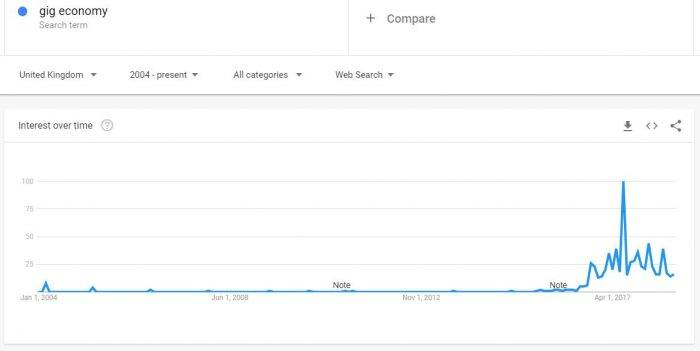
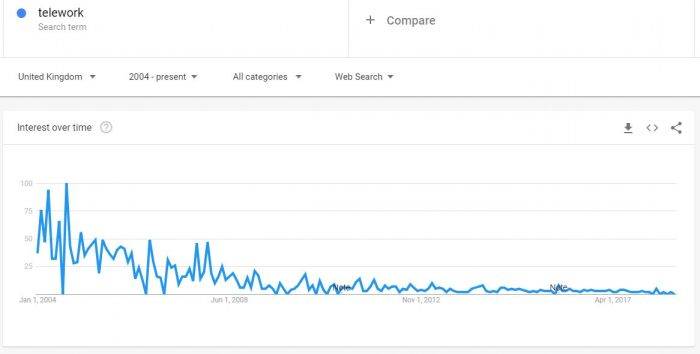
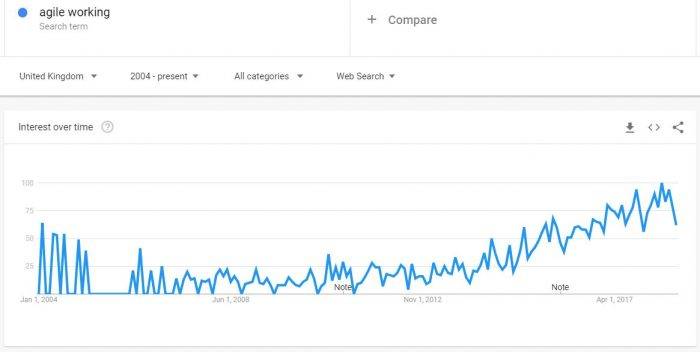













September 24, 2018
It is not particularly easy to change human behaviour by design
by Mark Eltringham • Comment, Facilities management, Workplace, Workplace design
(more…)